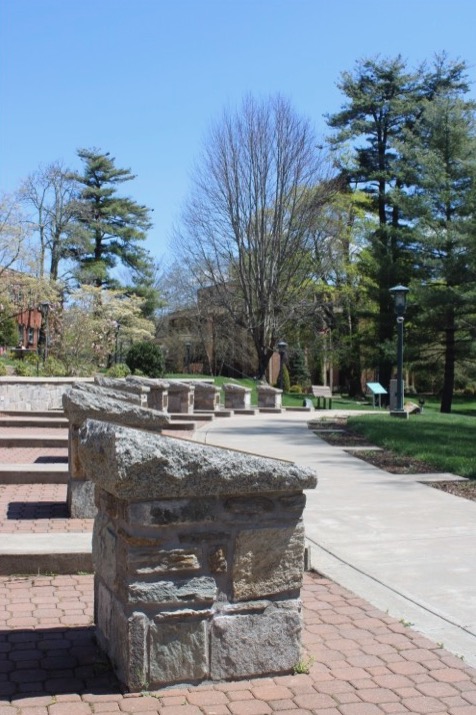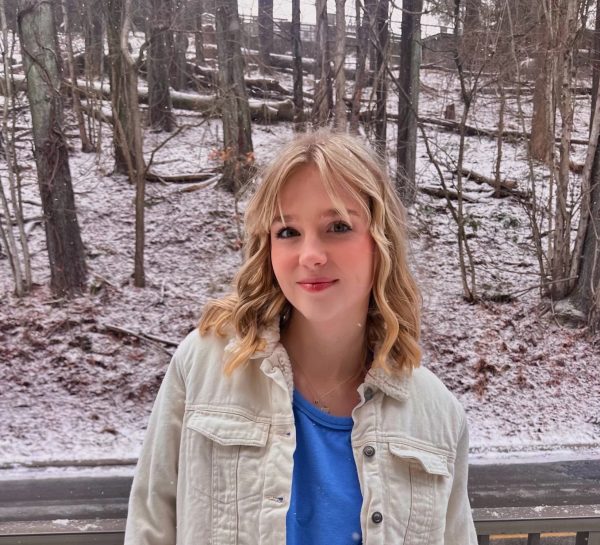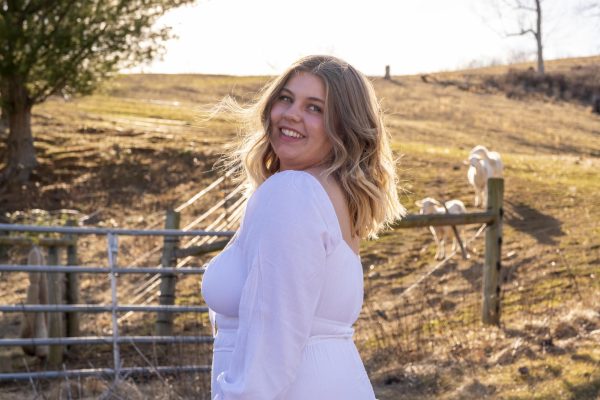A National Pan-Hellenic Council Sorority was chartered on App State’s campus in April, becoming the fourth historically Black sorority and eighth NPHC organization to be chartered and recognized on campus, according to Interfraternal Council Advisor Shaleeah Smith.
Sigma Gamma Rho Sorority, Inc. was chartered on April 7.
Smith wrote in an email that, while four fraternities submitted petitions for recognition by App State, it’s not guaranteed that they will be approved.
“Our 17 IFC chapter presidents unanimously voted against recognizing new IFC chapters for the 2024-2025 school year, so we will be supporting their decision,” Smith said. “While they voted ‘no’ this year, the conversation of growth will be annual, so they’ll have to vote again next school year.”
One of the main reasons the chapter presidents voted against the recognition of new fraternities was because of housing, said Hayes Sheridan, the vice president of risk management for the IFC.
“Over the past couple years, It’s just been kind of hard to get housing for existing fraternities,” Sheridan said. “So if we add four more, it would be extremely hard to find housing for some of the existing fraternities.”
This was the last of the four sororities in the council to be added, Smith wrote.
Zeta Phi Beta Sorority, Inc. was rechartered in November 2015, Alpha Kappa Alpha Sorority, Inc. was established at App State in 1987 and Delta Sigma Theta Sorority, Inc. was chartered in 1991. The university also has four of the five NPHC fraternities: Alpha Phi Alpha Fraternity, Inc., Kappa Alpha Psi Fraternity, Inc., Omega Psi Phi Fraternity, Inc. and Phi Beta Sigma Fraternity, Inc.
Senior religious studies major Caroline Hood, who was a former member of Greek Life, said adding this sorority is beneficial for sorority life at App State.
“I think that Greek life can have a terrible reputation for having a lack of diversity,” Hood said. “I think that having all four recognized just sort of adds another element to Greek life.”
The total number of fraternity members has grown by almost 35% from Fall 2020 to Fall 2023, Smith wrote.
“While there won’t be any new IFC fraternities this upcoming year, I think appropriately-timed growth is always beneficial,” Smith wrote. “The most significant benefit when a new organization is added is the opportunity for more students to join a fraternity/sorority.”
Various events and service projects were hosted by Fraternity and Sorority Life this year.
FSL hosted Greek Week in the fall. While this is an annual event, Smith said she thinks there was higher participation this year. New and different events were planned, such as a soccer tournament.
During the week, FSL raised nearly $1,800 for App Builds a Home and the Children’s Council of Watauga County. Around 2,000 cans of food for the Hunger and Health Coalition were also collected, Smith wrote.
“In terms of financial impact, our students typically raise over $100,000 for local and national non-profits and complete over 10,000 service hours in our local community each year,” Smith wrote.
Hood said that, while she knows there are complications to this idea, she thinks having houses for the FSL would bring more students towards the idea of rushing.
“I transferred from a school where housing was provided for Greek life,” Hood said. “That was mainly the reason people rushed and went through recruitment.”
Hood also said that being intentional about recruiting people who may not fit the stereotypes of typical sorority members would benefit FSL on campus. She said this would allow for a more diverse chapter and would allow the chapter to grow into many different friend circles throughout campus.
Smith has been working professionally for FSL since 2017 and has been the App State FSL advisor since July 2021. She was a member of Alpha Gamma Delta at Eastern Kentucky University. She said her experience motivated her to do FSL advising as a career.
“My favorite part of my job is working with students and watching them grow during their undergraduate career,” Smith said. “I believe that the most important part of my job is building relationships with the students that I work with, and I love to talk so it’s perfect.”
Smith said the biggest challenge of being the FSL advisor is appealing to current students. FSL was growing fast between the early 2000s and 2019, but COVID-19 affected the perception of FSL. Only 10% of the undergraduate students are involved in FSL, Smith wrote.
“Our office is strategizing and implementing new ways to educate students and families on the purpose and value of FSL,” Smith wrote. “Our students are developing more robust marketing strategies and branching out to reach students they may not have reached 4-5 years ago.”



